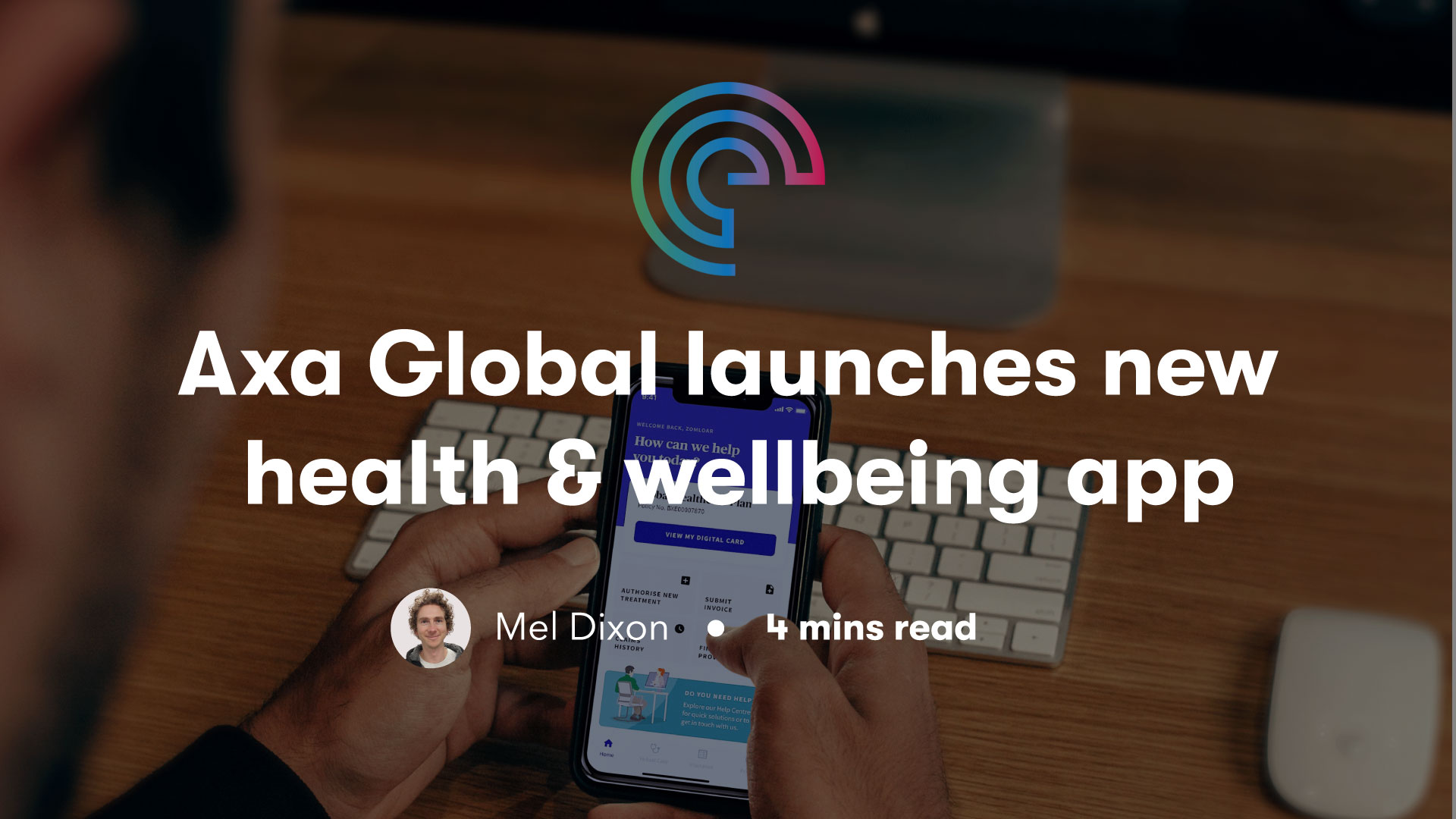An overseas assignment can be an exciting venture for your staff. They get to explore a new place, meet new people, and work in a very different environment. But it can also be hugely challenging and many expats find it difficult to settle into their host country and adapt to their new surroundings.
One study suggested that failure rates for expat assignments vary from 10% to 50% depending on the country. The experience can be distressing for staff and financially costly for businesses, with one US estimate putting the price at $1.2m per failed assignment.
For this reason, we’re exploring the nature of culture shock and what businesses can do to address the issue and maximise the chances of a successful assignment.
Looking for advice on how to support your international employees and expatriates? Get FREE one-to-one advice from our team of international brokers on 01273 974419 or click on the right chat box.
What is culture shock?
Investopedia defines culture shock as a feeling of uncertainty, confusion, or anxiety that people may experience when moving to a new country or experiencing a new culture or surrounding.
Culture shock is completely normal when you experience and live in cultures that differ from your own. It can lead to a huge mix of emotions, from anxiety to excitement to confusion and loneliness.
Being subject to an unfamiliar setting, whether it’s for work, study, or retirement, can be a lot to get used to! When your staff are assigned to a new host country they will have to adapt to:
- A different language
- Different dialects
- Different climate and weather
- Different transport systems
- Different food customs
- Different hand gestures, facial expressions, greetings
Really, the list can be endless. This leads staff to feeling:
- Unsettled
- Uncomfortable
- Overwhelmed
- Frustrated
- Anxious
- Tired
- Homesick
- Out of place
There are four key stages of culture shock:
Stage 1: The honeymoon period. This is the typical holidaymakers sense of excitement when they are in a new country. Everything’s new and exotic! This can last up to a few weeks.
Stage 2: The frustration stage. After the initial excitement tapers off, it can be replaced by frustration as you struggle to adapt to customs, understand what people are saying and make yourself understood. To begin with, it may have been amusing. After a few months it certainly isn’t!
Stage 3: The adaptation stage. This is when people start to feel more at ease as they successfully navigate the challenges which previously frustrated them.
Stage 4: The acceptance stage. This is when all the frustrations have been overcome, and you start to feel at home. You may even have adopted manners from the new culture.
As you can see, culture shock is an inevitable part of personal development.
What are the effects of staff suffering from culture shock?
If employees or their families are unable to cope with the abrupt change in lifestyle they may experience poor mental health, including overwhelming feelings of anxiety or depression. If an employee is in the new country with a family, then relations can be strained, particularly when some family members adapt well while others are struggling.
Employees will only be able to perform to the best of their abilities if they are able to cope with the adjustment. If they – or their family – can’t adjust, then they are likely to return home early, at substantial cost to the business. As we’ve already mentioned, this could be as much as $1.2m per employee.
7 top tips for managing culture shock
There are many ways to prepare your overseas staff for integrating into a new culture and country. Below we have provided easy to implement tips for supporting your employees before and during assignment.
1. Learning languages and dialects before assignment
Preparing with at least some basic language lessons before your staff set out on assignments will make things easier for when they first arrive. It’s important to understand that different regions in a country have different dialects too. For example, you will need to learn Castilian Spanish before moving to Northern or Central Spain. There are slight nuances and differentiations in every country, even if the language is the same!
Offer opportunities for language classes, online or in person, or through digital apps such as Duolingo.
2. Create contact links between your staff and their new overseas colleagues
Establishing a point of contact prior to the expat assignment will give your staff familiarity with their new colleagues before they arrive. It also kickstarts their social integration, enabling them to forge contacts and relationships with people right from the start
3. Establish a routine
Employees will benefit from creating a routine to help them transition to new time zones and cultures. Start by researching what a typical day in the host country looks like – working hours, eating times, bed times, siestas etc – and use as a template for a typical day/week.
4. Help your staff research the local customs
Help your expats research their host culture before leaving. This could be related to general business etiquette, typical greetings, and any social faux pas that ought to be avoided. For example, the “okay” hand gesture is an insult in turkey!
5. Use internet resources!
There are many online resources to help staff navigate culture shock. For example, there are countless YouTube videos, podcasts, social media handles and blogs which offer insider top tips from people who’ve been there, done it and got the “I love __” t-shirt.
6. Communicate regularly
Use a variety of platforms to communicate, including video calls, messaging services, collaboration tools etc. It’s vital that your staff feel looked after and they have easy access to the business for any queries or issues.
7. Ensure your staff put their health and wellbeing first
Everything is made harder when you are not feeling yourself. Staff need to have the resources in place to take care of their own health needs and prioritise self-care wherever they are in the world.
There are many different international employee benefits on offer, and it’s incredibly important to set up a successful health plan for your global employees to not only show you are a business that cares, but also to protect the wellbeing of your teams.
5 employee benefits which support staff abroad
Below we have listed a handful of international employee benefits and health insurance schemes to help business owners address culture shock amongst their staff. Creating a global health plan is an easy way to show you care for your team and are willing to go above and beyond for their wellbeing and success.
Check out these top tips here on how to develop a successful global employee benefits plan.
1. Cross-Cultural Training:
Cultural training equips staff (expats, multi-national workplaces, global leadership teams, multi-cultural teams) with the knowledge and skills to improve their communication across different countries and cultures, and to avoid any misunderstandings or offence. Ultimately, this workplace training improves communication leading to better team dynamics, improved productivity and bolstered team morale.
2. Pre-Assignment Screening:
Pre-assignment screening assesses the suitability of an employee for working overseas on assignment. For example: health screenings, personal evaluations, pre-trip preparation, family support. These tests maximise the chances of a successful assignment by checking the psychological and physical wellbeing of staff, ensuring that every potential challenge is considered before they set out.
3. International Business Health Insurance:
Global Health Insurance gives your staff access to private healthcare whenever and wherever they need it. Fulfilling the employer duty of care, it provides staff with the medical support and means to look after themselves anywhere in the world. It can massively reduce the chances of a failed expat assignment, and reduces absenteeism by potentially diagnosing health problems before they occur.
4. International Employee Assistance Programmes (IEAPs):
IEAPs provide staff with the tools to help themselves manage their own wellbeing needs, helping your staff to become happier, healthier, and more at ease with whatever life abroad throws at them. The multi-lingual services and support included in the programmes means it’s easy to access support anywhere in the world and can be accessed digitally via mobile or desktop app. Services typically include counselling, financial advice, stress support and health plans. IEAPs are often packaged together with an International Health Insurance policy.
5. Travel insurance:
There are a variety of travel insurance schemes which can cover both groups and individuals on placement abroad. Coverage can include: lost luggage, stolen items, travel cancellations and medical emergencies. The most comprehensive forms of travel insurance will provide genuine support to both the affected employee and HR – lessening the stress and strain for all concerned.
Reach out to an independent expert for support
Anyone can experience culture shock and the consequences can be quite debilitating without the right measures and support in place to help your staff manage it. Understanding and navigating the global employee benefits market to land on the right support is crucial.
Engage Health Group have a huge global reach of partnerships across 50+ countries and territories, meaning our expert staff have the connections and international expertise to assess what it is you and your employees need for a successful transition and integration overseas. We aim to ensure there are no nasty surprises encountered along the way, working for your organisation to create a plan that suits your business and employee needs.
Get in touch with one of independent experts for the best advice and most competitive quotes on the market.
Contact us at [email protected] or call 01273 974419 for FREE no-obligation advice and support.









